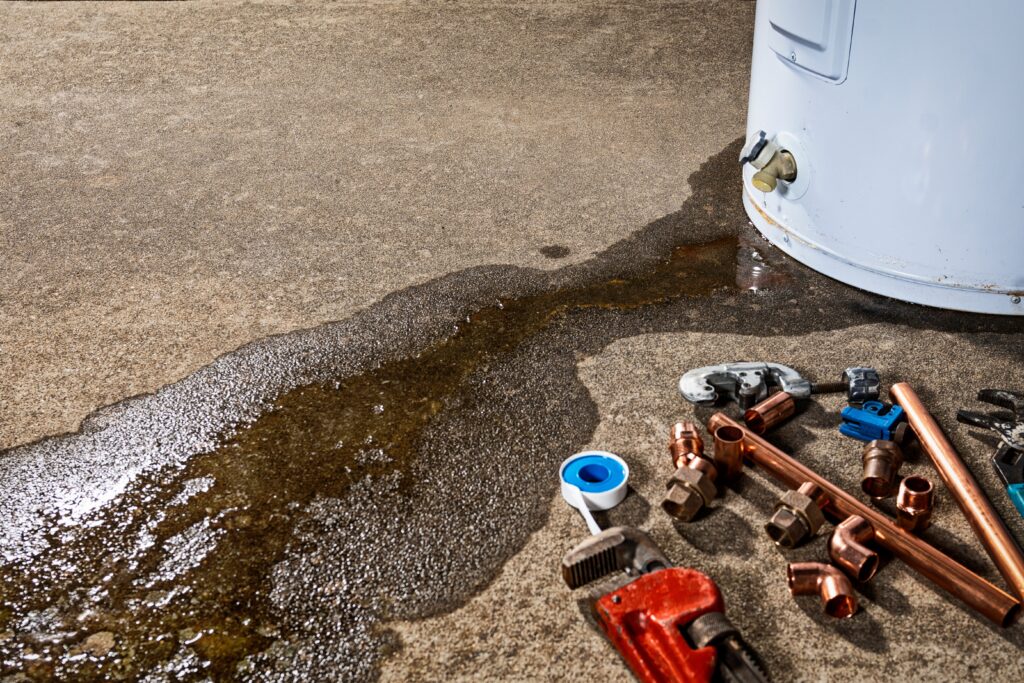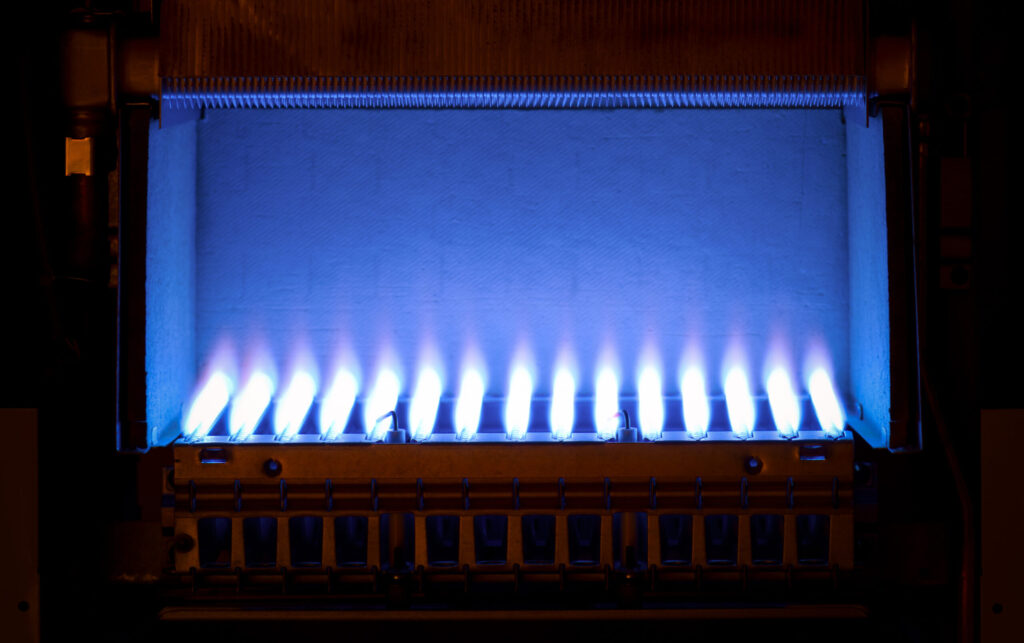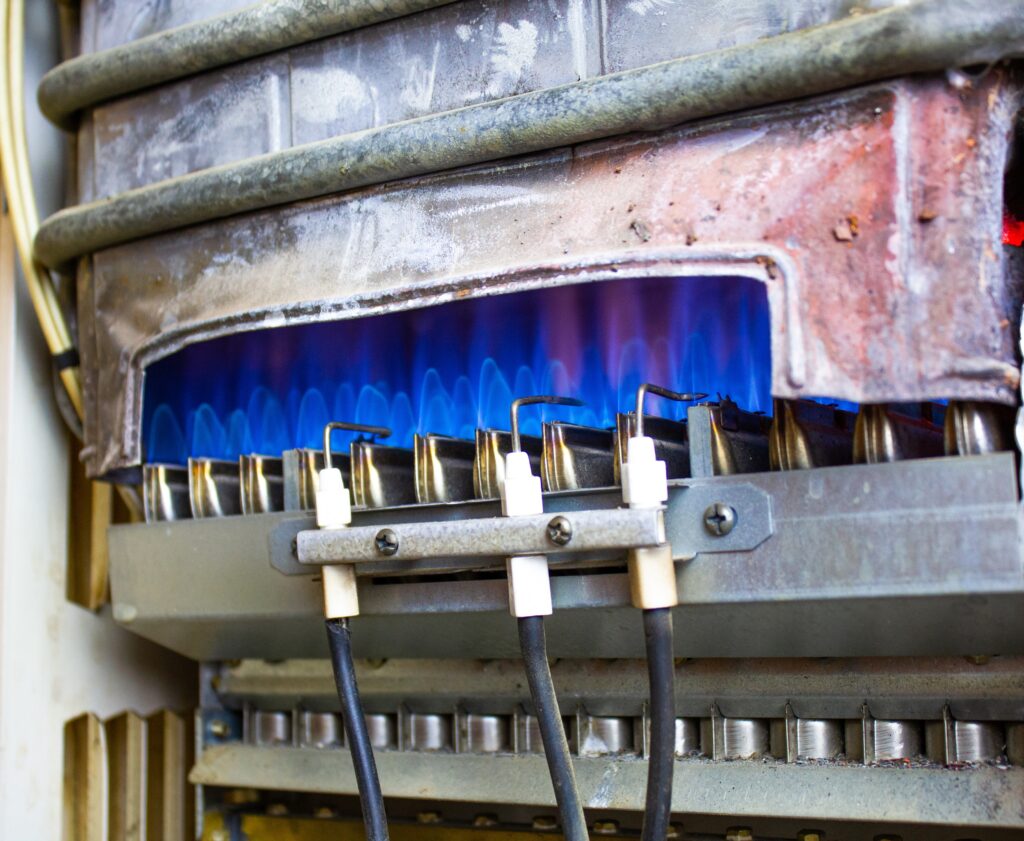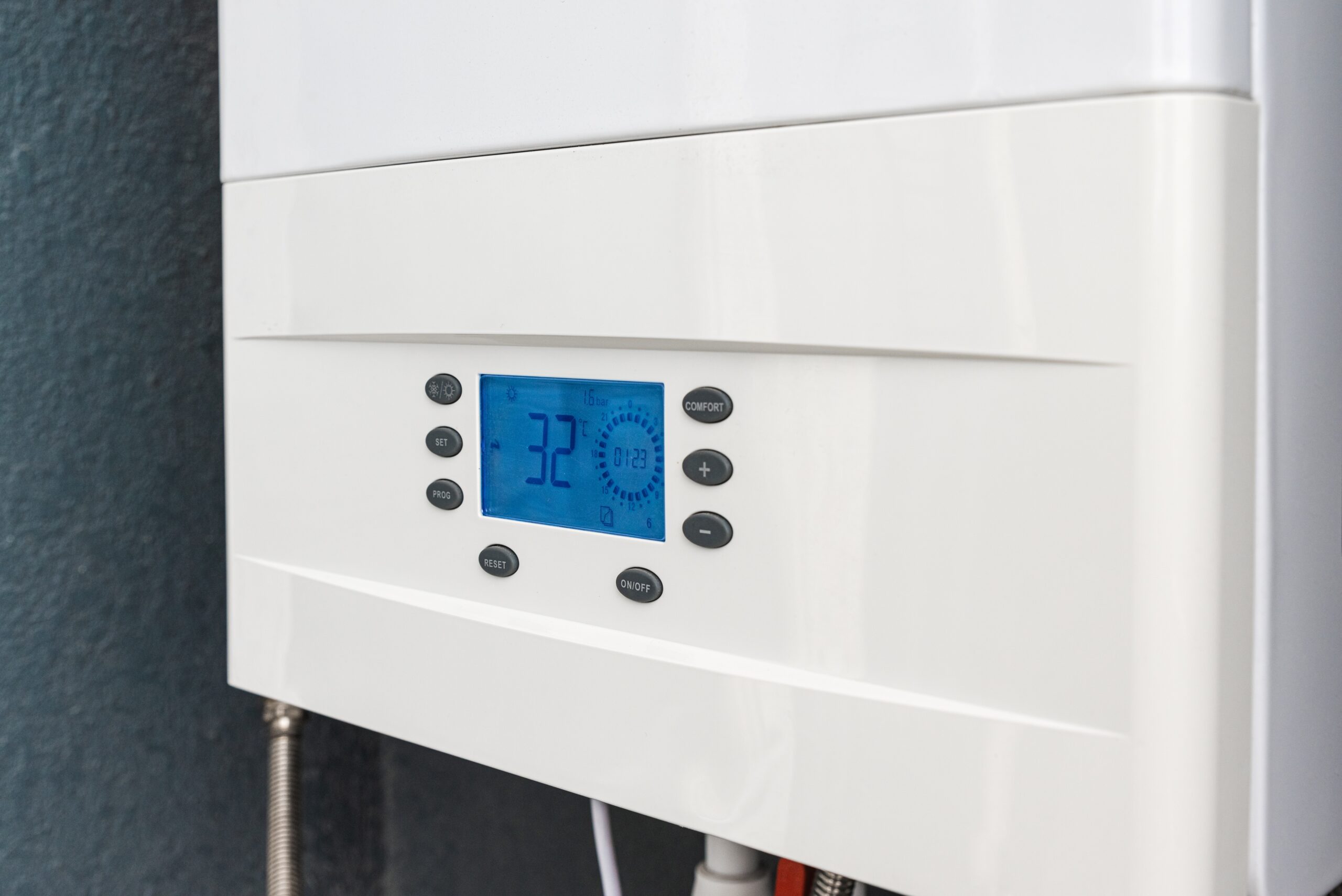Understanding free boiler schemes offered by the government is essential for households across the UK aiming to improve energy efficiency and reduce heating costs. This initiative, part of the broader drive towards reducing carbon emissions, offers eligible homeowners the opportunity to replace outdated boilers with more efficient models at no cost.
By exploring the ins and outs of the government free boiler scheme, we’ll provide you with a comprehensive guide on how to navigate the application process, eligibility criteria, and the potential benefits. Dive into this straightforward guide to make the most of this practical government offer.
Introduction to the Government Free Boiler Scheme
What is the Scheme?
The Government Free Boiler Scheme is a UK initiative aimed at promoting energy efficiency and reducing household heating costs by providing free or subsidised boiler replacements. This scheme, part of the Energy Company Obligation (ECO), mandates that large energy companies fund the installation of energy-efficient boilers for eligible homeowners and tenants.
The primary goal is to help low-income households and those in vulnerable situations to upgrade their heating systems without bearing the financial burden. By replacing old, inefficient boilers with modern ones, participants can significantly lower their energy bills and contribute to the UK’s carbon reduction targets. Understanding the specifics of this scheme can help you determine your eligibility and take advantage of the benefits offered.
Why the Scheme Exists
The Government Free Boiler Scheme was established to tackle multiple pressing issues simultaneously.
Firstly, it aims to reduce the UK’s carbon footprint by encouraging the use of energy-efficient heating systems. Older boilers are often less efficient, consuming more fuel and releasing higher levels of carbon dioxide. By replacing these with modern, energy-efficient models, the scheme helps to lower greenhouse gas emissions.
Secondly, the initiative addresses fuel poverty. Many households struggle to afford adequate heating, particularly during the winter months. By providing free or subsidised boilers, the scheme alleviates some of the financial stress associated with heating costs.
Lastly, the scheme supports the UK’s broader energy efficiency goals, contributing to a more sustainable and environmentally friendly future. Understanding these motivations can help you appreciate the broader context and benefits of participating in the scheme.

Who Qualifies for the Scheme
Eligibility for the Government Free Boiler Scheme is primarily based on income and existing heating systems. Generally, the scheme targets low-income households and individuals receiving certain government benefits.
These benefits may include Pension Credit, Child Tax Credit, or Income Support, among others. Additionally, the property in question must have an old, inefficient boiler that needs replacing.
Homeowners and private tenants can both apply, although tenants will need the landlord’s permission. The scheme also prioritises vulnerable groups such as the elderly, disabled, and families with young children. Meeting these criteria does not guarantee approval, but it does increase the likelihood.
Understanding the specific eligibility requirements can help you determine whether you qualify and guide you through the application process smoothly.
Benefits of the Government Free Boiler Scheme
Energy Efficiency Improvements
One of the most significant benefits of the Government Free Boiler Scheme is the marked improvement in energy efficiency. Modern boilers are designed to be far more efficient than their older counterparts, often converting over 90% of fuel into heat compared to the 60-70% efficiency rates of outdated models.
This substantial increase in efficiency means that households can achieve the same level of warmth while using less fuel, leading to a direct reduction in energy consumption. Furthermore, improved energy efficiency translates to lower utility bills, offering long-term financial savings for participants.
Efficient boilers also produce fewer emissions, contributing to a reduction in the household’s carbon footprint. By participating in the scheme, homeowners can enjoy a more sustainable and cost-effective heating solution, aligning with broader environmental goals and personal budget considerations.

Cost Savings for Households
Another key benefit of the Government Free Boiler Scheme is the potential for significant cost savings for households. By upgrading to a more energy-efficient boiler, families can expect to see a noticeable reduction in their energy bills.
Older boilers, typically less efficient, consume more fuel to produce the same amount of heat, leading to higher running costs. In contrast, modern boilers operate more efficiently, requiring less fuel and thus lowering monthly heating expenses.
Over time, these savings can accumulate to a substantial amount, alleviating financial pressure, particularly for low-income households. Additionally, the scheme reduces the upfront cost of purchasing and installing a new boiler, which can be a considerable expense.
By removing or reducing these financial barriers, the scheme makes it easier for households to benefit from modern, efficient heating systems without the burden of high initial costs.
Environmental Impact
The Government Free Boiler Scheme also has a significant positive impact on the environment. By replacing old, inefficient boilers with modern, energy-efficient models, the scheme helps reduce the amount of fuel consumed for heating.
This reduction in fuel consumption directly translates to lower carbon dioxide emissions, contributing to the UK’s broader goals of cutting greenhouse gas emissions and combating climate change. Efficient boilers also produce fewer pollutants, leading to improved air quality.
For households, this means a reduced carbon footprint and a more sustainable way of living. Additionally, the scheme supports the transition towards a greener economy by encouraging the adoption of environmentally friendly technologies.
Understanding the environmental benefits of the scheme can inspire more households to participate, collectively making a substantial difference in the fight against climate change. Thus, the scheme not only benefits individual households but also contributes to global environmental sustainability.
How to Apply for the Scheme
Eligibility Criteria
To apply for the Government Free Boiler Scheme, you must first ensure you meet the eligibility criteria. Primarily, the scheme targets low-income households and individuals receiving specific government benefits.
These benefits can include Pension Credit, Child Tax Credit, Working Tax Credit, Income Support, and Universal Credit, among others. Additionally, the property must have an old and inefficient boiler that qualifies for replacement under the scheme.
Homeowners and private tenants are eligible to apply, though tenants will need to obtain permission from their landlords. Furthermore, some schemes may prioritise vulnerable groups such as the elderly, disabled, or families with young children. Verifying these criteria is a crucial first step in the application process, as meeting them increases your chances of approval.
By understanding the eligibility requirements, you can better prepare your application and ensure a smoother, more straightforward process.
Application Process
Applying for the Government Free Boiler Scheme involves a few straightforward steps. First, you need to verify your eligibility by checking if you meet the criteria regarding income and benefits.
Once confirmed, you can find an approved installer or energy company participating in the scheme. Many companies offer online application forms where you can provide your details and eligibility proof. After submission, an assessor will likely visit your property to evaluate your existing boiler and ensure it qualifies for replacement.
If approved, the installation of your new boiler will be scheduled. The process is designed to be as hassle-free as possible, aiming to minimise disruption to your daily life. By following these steps, you can navigate the application process smoothly and take full advantage of the benefits offered by the scheme.
Required Documentation
When applying for the Government Free Boiler Scheme, it’s important to gather and submit the correct documentation to support your application. Typically, you will need to provide proof of income and any relevant benefits. This may include recent payslips, tax credit award notices, or Universal Credit statements.
Additionally, you might need to furnish proof of residency, such as utility bills or a tenancy agreement if you’re a tenant. For homeowners, a copy of the mortgage statement can serve as proof of ownership.
If your application is on behalf of a vulnerable person, documentation such as medical certificates or disability benefits statements may also be required. Having these documents ready will streamline the application process, ensuring quicker verification and approval. By organising your documentation in advance, you can avoid delays and make the most of the Government Free Boiler Scheme efficiently.

Types of Boilers Available
Condensing Boilers
Condensing boilers are among the most efficient types of boilers available through the Government Free Boiler Scheme. These boilers work by capturing and reusing heat from the exhaust gases that would typically escape through the flue in traditional boilers. This process significantly increases their efficiency, often achieving over 90% efficiency rates.
Condensing boilers come in various models, including combi, system, and conventional boilers, making them suitable for different household needs and heating systems. Their high efficiency not only reduces energy consumption but also leads to lower heating bills, providing long-term cost savings. Additionally, condensing boilers produce fewer carbon emissions, making them a more environmentally friendly choice.
By opting for a condensing boiler, participants in the scheme can enjoy a reliable, efficient, and eco-friendly heating solution that aligns with modern energy efficiency standards.
Combi Boilers
Combi boilers, short for combination boilers, are a popular choice available through the Government Free Boiler Scheme. These boilers are known for their compact size and efficiency, as they combine both central heating and hot water in a single unit. Unlike traditional boilers, combi boilers do not require a separate water tank or cylinder, making them ideal for homes with limited space.
They provide hot water on demand, which means there’s no need to wait for a tank to heat up. This instant heating capability also makes them more efficient, reducing energy consumption and utility bills. Additionally, combi boilers are relatively easy to install and maintain, adding to their convenience.
By opting for a combi boiler, households can enjoy a reliable, efficient, and space-saving heating solution that meets both their heating and hot water needs efficiently.
System Boilers
System boilers are another efficient option available through the Government Free Boiler Scheme. These boilers are particularly suited for homes with higher hot water demands. Unlike combi boilers, system boilers require a separate hot water cylinder but do not need a cold water tank, making them a more compact option than traditional boilers.
System boilers heat water directly from the mains supply, ensuring a more consistent flow of hot water to multiple taps and showers simultaneously. This makes them ideal for larger households where hot water usage is high. Additionally, system boilers are known for their reliability and efficiency, often achieving high-efficiency ratings that help reduce energy consumption and lower heating bills.
The installation process is relatively straightforward, and they are compatible with solar water heating systems, adding to their environmental benefits. Choosing a system boiler can provide households with a robust, efficient, and reliable heating solution that meets their extensive hot water needs.
Frequently Asked Questions
Common Misconceptions
There are several common misconceptions surrounding the Government Free Boiler Scheme that can deter eligible households from applying. One prevalent myth is that the scheme is too good to be true, leading people to believe it’s a scam. In reality, the scheme is a legitimate government initiative aimed at promoting energy efficiency and helping low-income households.
Another misconception is that the application process is overly complicated and time-consuming. While some paperwork is involved, the process is designed to be straightforward and accessible. Additionally, some people mistakenly think that only homeowners qualify for the scheme, but private tenants can also apply with their landlord’s permission.
Lastly, there is a belief that the boilers provided are of inferior quality. In fact, the scheme offers modern, high-efficiency boilers that meet current industry standards. Understanding these misconceptions can help more people take advantage of the benefits the scheme offers.
Troubleshooting Application Issues
If you encounter issues during your application for the Government Free Boiler Scheme, there are several steps you can take to resolve them. First, ensure you have provided all required documentation and that it is up-to-date. Missing or outdated documents are a common cause of delays.
Double-check your eligibility criteria, as failing to meet these requirements can lead to application rejection. If you’re unsure about any part of the process, contact the scheme’s customer support or the participating energy company for clarification.
They can provide guidance and address any specific concerns you may have. Additionally, some applicants find it helpful to seek assistance from local advice centres or charities that specialise in energy efficiency programmes. These organisations can offer support and help you navigate the application process more smoothly.
By taking these steps, you can troubleshoot common issues and improve your chances of a successful application.
Scheme Limitations and Exclusions
While the Government Free Boiler Scheme offers numerous benefits, it also has certain limitations and exclusions. One primary limitation is that not all boilers qualify for replacement; only those deemed inefficient or faulty by the scheme’s standards are eligible.
Additionally, the scheme predominantly targets low-income households and individuals receiving specific benefits, meaning those who do not meet these criteria might be excluded. Homeowners and private tenants can apply, but tenants must have their landlord’s permission, which can sometimes be a barrier. Furthermore, the availability of the scheme might vary depending on the region and the participating energy providers.
Some areas may have fewer providers, leading to limited options. Lastly, the scheme does not cover the entire cost for all applicants; partial funding might be required for some households. Understanding these limitations and exclusions can help manage expectations and provide a clearer picture of the scheme’s scope.
